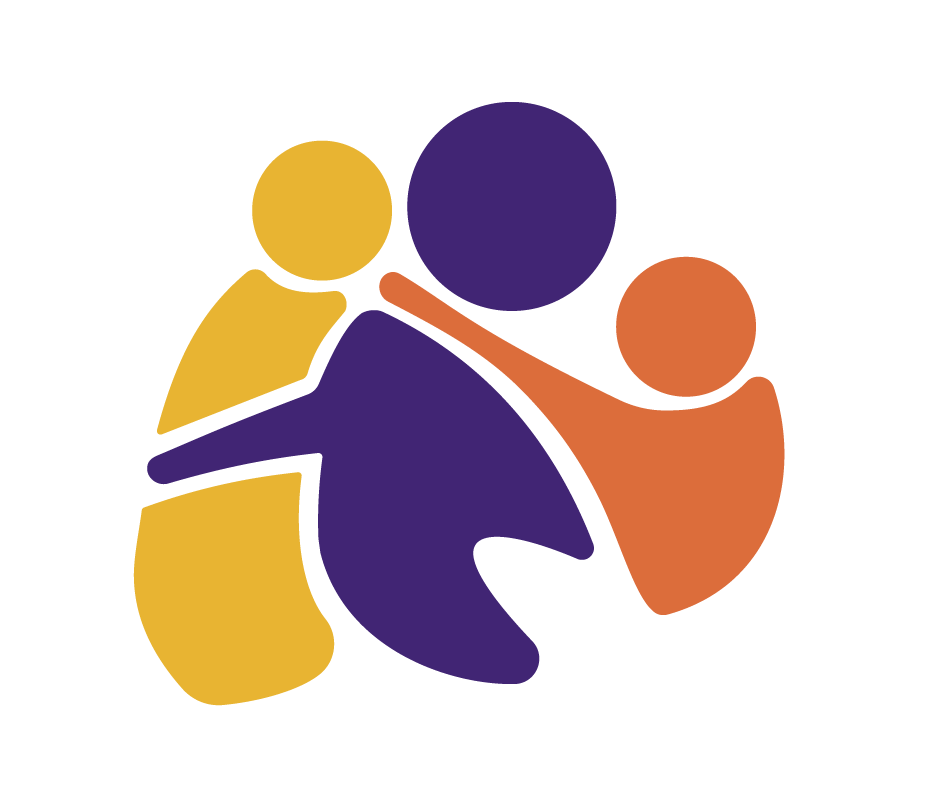When we feel like we have no control, it’s natural to try to control things even harder. In desperation, we create more rules, more punishment, more expectations.
It seems simple, right? More control equals… more control. But we’ve been trying to control the wrong thing all along!
“A common misconception among parents is that you gain control by controlling your child”.
Why actually, trying to control your child leads to:
– power struggles and conflict
– frustration and blame
– erosion of trust
– children not developing their own voice
– children being more susceptible to control from ANYONE
By focusing your attention on what you can control about yourself, you take responsibility for your parenting, instead of blaming the children for being ‘impossible to control’ which leads to hurt and conflict.
Here are 7 things you can control to put your family conflict to an end:
1. How consistent your discipline is
Inconsistent discipline creates room for conflict, disappointment, resentment and frustration. You have control over how consistent you are with discipline. You can choose to enforce consequences consistently instead of reacting depending on your mood. The choice is yours and choosing consistent discipline will increase your sense of control over your family life.
2. How clear and realistic your expectations are
If you have unrealistic expectations, control will always be an issue because you can’t mold the child to fit with your expectations. Being realistic and communicating expectations clearly and directly means the child feels safer and is less likely to act out.

3. How you react to disagreements
In conflict, we often react instead of responding in a constructive way. The way you handle conflict will influence how safe and secure your children feel and that in turn will affect their behaviour.
4. How you look after your own mental wellbeing
If your ‘cup’ is empty, you will have no capacity to give your children the support they need. They feel less safe and secure and don’t feel supported which can show in negative behaviour that feels ‘out of control’. If your cup is full, you can ‘respond’ to conflict instead of ‘reacting’ (see above). Prioritising yourself is often the best thing you can do for your family and that’s something you have full control over.
5. If you show love in a way that feels unconditional from your child’s perspective
You get to choose if you withdraw love in times of conflict. It’s a common parenting mistake, to chose punishment instead of discipline and punish by withdrawing affection and love. You can choose discipline over punishment and limit the suffering your child feels when you’re in conflict with each other. This will make them less likely to ‘act out’.

6. If you look for the need behind their behaviour
Ask yourself ‘what need isn’t being met?’ when your children misbehave or make (what you think are) poor choices. You have control over how you approach their behaviour and this one will allow you to approach difficult situations with empathy and compassion towards your children. This in turn will make them feel more safe and secure and more likely to cooperate and behave well.
7. If you offer low-stress quality time together
If all of the time you spend with your child is filled with criticism, expectations and them not doing things ‘well enough’, your relationship will erode. You control how you approach the time you spend together. You choose if you prioritise control or the relationship. Chose relationship to make everyone feel like they have control and are respected and loved. You gain control by sharing control.
You have the power over your parenting.
Focus on the process and implementing these points and the results will come naturally.
Need help putting this advice into action?
See our counsellor (available online from anywhere in New Zealand) who will guide you through these changes and help you achieve peace and calm at home with happy parents and happy children.


